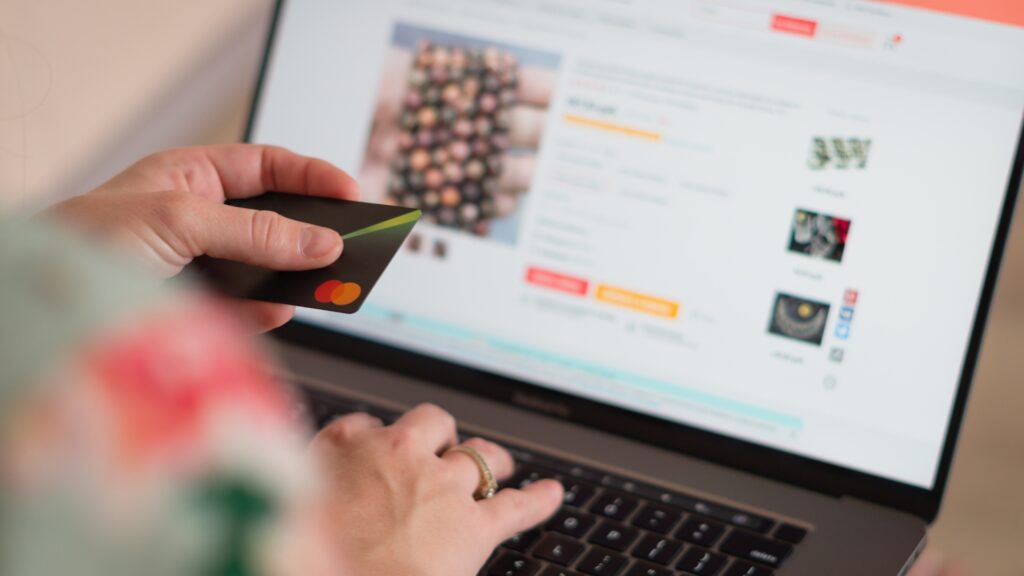If you’ve been thinking about selling online but worry about costs or coding, the good news is you can now build an online store for free. In 2025, there are beginner-friendly tools that let you create, customize, and launch your store without needing tech skills or a big budget.
Here’s a step-by-step guide to creating your own online store at no cost.
Step 1: Choose a Free Ecommerce Platform
There are several platforms that let you start selling online for free. A few popular options in 2025 are:
- Shopify Starter Free Trial – great for beginners who want access to powerful tools, though long-term plans are paid.
Starting from $17/month
Get your free trial and $1 for the first month + Free store builder
Key FeaturesAI-powered product recommendations and marketing
Advanced fulfillment and inventory management
Seamless omnichannel sellingWhy We Recommend ItStorage and Bandwidth:
Unlimited storage allows you to upload as many products and images as needed.
Unlimited bandwidth means your site can handle many visitors and lots of activity without slowing down.
Extras and Inclusions:
Secure, integrated payment gateway, with transaction fees waived if you use Shopify Payments.
Access to an extensive app store to add features and functionality.
Built-in tools for SEO, marketing, and analytics.Pros & Cons- Comprehensive store management tools
- Wide range of themes and apps
- Excellent 24/7 customer support
- It can get expensive with additional apps and transaction fees
- Limited SEO capabilities compared to other platforms
- Square Online – free plan with store builder, checkout, and hosting.
- Big Cartel Free Plan – good for small stores with up to 5 products.
- Ecwid Free Plan – lets you embed a store into any existing site or social media page.
Pick a platform that matches your needs. If you’re testing an idea, Square or Ecwid are easy options.
Step 2: Set Up Your Account
Once you pick your platform, sign up with your email and basic details. Most free plans give you:
- A store builder
- Hosting (no extra cost for servers)
- A checkout page for orders
- A dashboard for managing products
This setup takes less than 10 minutes.
Step 3: Add Your Products
Next, upload your first products. Each listing should include:
- Clear product title – name plus key feature (e.g., “Reusable Glass Water Bottle – 20oz”)
- High-quality images – at least 3–5 photos, including lifestyle shots
- Price – keep it simple and clear
- Description – highlight benefits, not just features
If you don’t have your own products yet, you can connect a print-on-demand app (like Printful) that lets you sell custom designs without holding inventory.
Step 4: Customize Your Store Design
Most free builders use drag-and-drop editors, so you don’t need coding. Customize:
- Theme or template – choose a clean layout
- Colors and fonts – match your brand personality
- Homepage banner – show your best product or a welcome message
- Navigation – keep it simple (Home, Shop, Contact)
The goal is to make your store look trustworthy and easy to browse.
Step 5: Set Up Payment Options
Even on free plans, you can usually accept payments. Common options include:
- Credit and debit cards
- PayPal
- Apple Pay or Google Pay
Most platforms take a small transaction fee, but you don’t pay monthly hosting fees on the free plan.
Step 6: Connect Social Media
Free platforms like Square and Ecwid let you link your store to Facebook, Instagram, or TikTok. This way, you can sell directly where your audience already hangs out.
For example:
- Add your store link to your Instagram bio.
- Share product posts that link back to your store.
- Use TikTok videos with trending sounds to drive traffic.
This boosts visibility without spending money on ads.
Step 7: Launch and Share
Once your store is live:
- Double-check checkout works with a test order.
- Share your store link on social media, email, and group chats.
- Start collecting feedback from your first customers.
Remember, the first version doesn’t need to be perfect. Get it online, then improve as you go.
Step 8: Upgrade When You’re Ready
Free plans are perfect to start, but they have limits (like fewer products, less customization, or transaction fees). Once you get consistent sales, upgrade to a paid plan for more features such as custom domains, advanced marketing, and integrations.
Final Thoughts
Creating an online store in 2025 doesn’t require coding or big upfront costs. With free platforms like Square, Ecwid, and Big Cartel, you can launch in a single afternoon.
Start small: pick a free platform, upload your products, customize your design, and share your link. The most important step is to launch. Once you prove your idea, you can scale into a professional plan and build your brand long term.


